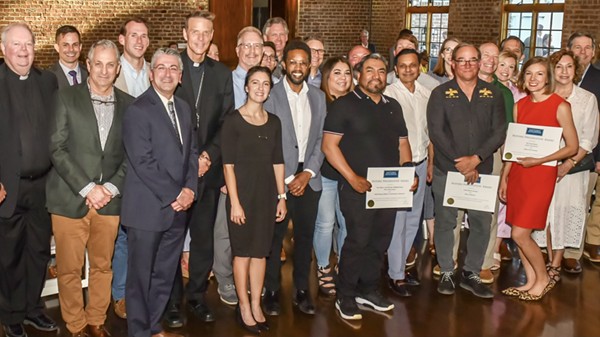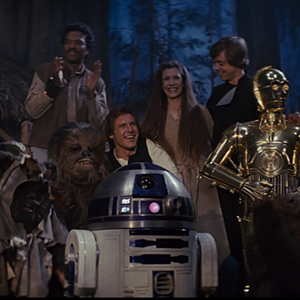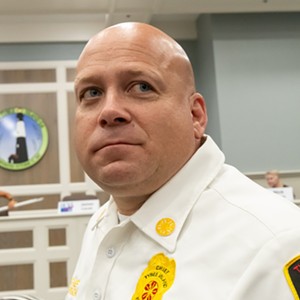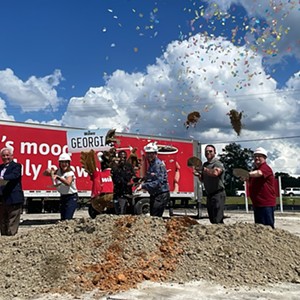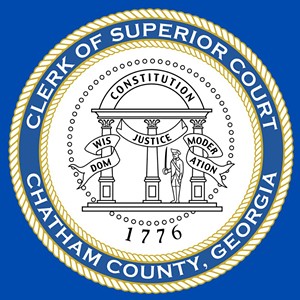Chuffed with the sheer pleasure of words
[
{
"name": "Air - MedRect Combo - Inline Content 1",
"component": "14680855",
"insertPoint": "7",
"requiredCountToDisplay": "5",
"parentWrapperClass": "fdn-ads-inline-content-block"
},{
"name": "Air - MedRect Combo - Inline Content 2",
"component": "14680856",
"insertPoint": "15",
"requiredCountToDisplay": "9",
"parentWrapperClass": "fdn-ads-inline-content-block"
},{
"name": "Air - SVP - Leaderboard - Inline Content - 2",
"component": "16852291",
"insertPoint": "10",
"requiredCountToDisplay": "10",
"parentWrapperClass": "fdn-ads-inline-content-block"
},{
"name": "Air - SVP - Leaderboard - Inline Content - 3",
"component": "16852292",
"insertPoint": "20",
"requiredCountToDisplay": "18",
"parentWrapperClass": "fdn-ads-inline-content-block"
},{
"name": "Air - SVP - Leaderboard - Inline Content - 1",
"component": "16852290",
"insertPoint": "25",
"requiredCountToDisplay": "22",
"parentWrapperClass": "fdn-ads-inline-content-block"
}
]
As far as cheap thrills go, Id rank words -- the way theyre spoken, twisted or manipulated -- right up there with a good custard pie or egg salad sandwich any day.
Im constantly amazed how quickly new expressions can weasel their way into our speech patterns, sometimes when you least expect it.
Just out of the blue the other say I turned to someone and said, I am totally chuffed at the way my garlic is starting to pop up in the garden.
Chuffed? You know, satisfied, pleased, delighted. Chuffed.
I got this word from an English artist/gardener, Julia Barton, who earlier this year transformed the old jail in an installation for SCAD. Of course anything a Brit says sounds erudite, doesnt it?
I learned this as a reporter when, chuffed from an interview with someone from the British Isles, Id sit down to write the story, review my notes and realize they hadnt said anything particularly brilliant. It was the sound of the language that was brilliant.
Take note, though. Chuff, as in to pass gas, is something entirely different from chuffed.
Another favorite of Bartons was the word crack, and she wasnt speaking of the cocaine derivative.
We had a really good crack last night at the pub, she offered as an example. A good laugh. A good feeling. I dont think you always need the article, either. So you might be able to say, We had good crack, and still be within the bounds of good grammar (and the law to boot).
Knackered is another one of her words. It means worn out (and not necessarily from sex). I was totally knackered after trying to explain the project to the scaffolding people, Julia said more than once, followed by, They just ask as if they dont give a toss.
Toss is easy to extrapolate from the sentence. So is jot, as in, Shes not helping a jot.
Nick takes a little work. The shoes look to be in good nick, could go many different directions, but she means in good shape.
Same with Skip, particularly amusing to our American ear. No matter how often Julia said it, we still giggle thinking of skip as the Dumpster.
Same with jumper, as in, Better wear your jumper, girls. Its going to get chilly tonight. We knew she meant sweater but it still took time to compute.
Torch -- for flashlight -- is also easy to figure out from context (We need a torch to get back to the car) and just as easy to start using.
So is African-American patois. After all, you hear something often enough, it begins to sound correct no many how rules of grammar it egregiously violates. Most of the new forms center around the verb form, which is often placed at the end of the sentence or eliminated altogether.
These days when I say things like, Why you dont call me? (switching the dont and the you) or How you know my name? (leaving out the do altogether) or When you going to come over (who needs the are?), I dont give it two thoughts.
Terrible? I suppose. We need that auxiliary verb. Or do we? Frankly its beginning to sound right without it. More than sound right -- theres a certain pleasure in forming the words that way.
Im also starting, I notice, to leave out the apostrophe, which is not so bad on paper since its so hard to remember when to use it anyway. Speaking is another issue.
When talking about someone who passed away, Ill say, more as a joke than anything, He dead. Now I hear myself saying, Im going over to Tom house and Where my keys at, anyway? And, of course, the universal, What up?
As we hear from people trying to learn English, its not easy, mainly because so many words sound alike.
The other day in a library up North, I asked about information on Wales. Instead I got 119 entries on whales.
That same trip to the old folks home visiting my mother I ran into Trudy, a woman Ive come to know quite well. The first thing she said to me -- and the way I heard it -- was, Ive got AIDS.
AIDS? Trudy? In the old folks home? Huh? Whats going on in this place?
Oh, thats horrible, I said.
Well, its not so bad, she answered. I only need them to help me get dressed in the morning and into bed at night.
She meant aides with an e, a much better kind. When I told her what I thought she meant, we had a good crack.
E-mail Jane at [email protected]
Im constantly amazed how quickly new expressions can weasel their way into our speech patterns, sometimes when you least expect it.
Just out of the blue the other say I turned to someone and said, I am totally chuffed at the way my garlic is starting to pop up in the garden.
Chuffed? You know, satisfied, pleased, delighted. Chuffed.
I got this word from an English artist/gardener, Julia Barton, who earlier this year transformed the old jail in an installation for SCAD. Of course anything a Brit says sounds erudite, doesnt it?
I learned this as a reporter when, chuffed from an interview with someone from the British Isles, Id sit down to write the story, review my notes and realize they hadnt said anything particularly brilliant. It was the sound of the language that was brilliant.
Take note, though. Chuff, as in to pass gas, is something entirely different from chuffed.
Another favorite of Bartons was the word crack, and she wasnt speaking of the cocaine derivative.
We had a really good crack last night at the pub, she offered as an example. A good laugh. A good feeling. I dont think you always need the article, either. So you might be able to say, We had good crack, and still be within the bounds of good grammar (and the law to boot).
Knackered is another one of her words. It means worn out (and not necessarily from sex). I was totally knackered after trying to explain the project to the scaffolding people, Julia said more than once, followed by, They just ask as if they dont give a toss.
Toss is easy to extrapolate from the sentence. So is jot, as in, Shes not helping a jot.
Nick takes a little work. The shoes look to be in good nick, could go many different directions, but she means in good shape.
Same with Skip, particularly amusing to our American ear. No matter how often Julia said it, we still giggle thinking of skip as the Dumpster.
Same with jumper, as in, Better wear your jumper, girls. Its going to get chilly tonight. We knew she meant sweater but it still took time to compute.
Torch -- for flashlight -- is also easy to figure out from context (We need a torch to get back to the car) and just as easy to start using.
So is African-American patois. After all, you hear something often enough, it begins to sound correct no many how rules of grammar it egregiously violates. Most of the new forms center around the verb form, which is often placed at the end of the sentence or eliminated altogether.
These days when I say things like, Why you dont call me? (switching the dont and the you) or How you know my name? (leaving out the do altogether) or When you going to come over (who needs the are?), I dont give it two thoughts.
Terrible? I suppose. We need that auxiliary verb. Or do we? Frankly its beginning to sound right without it. More than sound right -- theres a certain pleasure in forming the words that way.
Im also starting, I notice, to leave out the apostrophe, which is not so bad on paper since its so hard to remember when to use it anyway. Speaking is another issue.
When talking about someone who passed away, Ill say, more as a joke than anything, He dead. Now I hear myself saying, Im going over to Tom house and Where my keys at, anyway? And, of course, the universal, What up?
As we hear from people trying to learn English, its not easy, mainly because so many words sound alike.
The other day in a library up North, I asked about information on Wales. Instead I got 119 entries on whales.
That same trip to the old folks home visiting my mother I ran into Trudy, a woman Ive come to know quite well. The first thing she said to me -- and the way I heard it -- was, Ive got AIDS.
AIDS? Trudy? In the old folks home? Huh? Whats going on in this place?
Oh, thats horrible, I said.
Well, its not so bad, she answered. I only need them to help me get dressed in the morning and into bed at night.
She meant aides with an e, a much better kind. When I told her what I thought she meant, we had a good crack.
E-mail Jane at [email protected]



